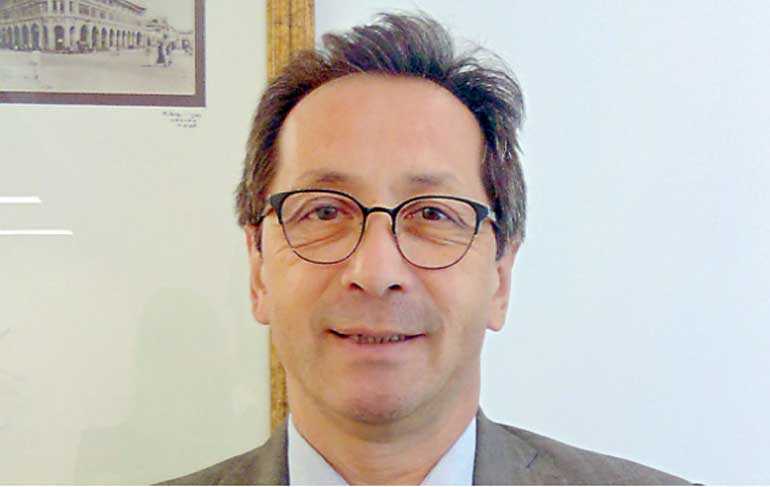Thursday Feb 26, 2026
Thursday Feb 26, 2026
Wednesday, 10 October 2018 00:00 - - {{hitsCtrl.values.hits}}
 By Tung-Laï Margue
By Tung-Laï Margue
Today, 10 October, marks the World and European Day against the Death Penalty. This international Day was launched in 2003 by the World Coalition against the Death Penalty, a coalition of non-governmental organisations, bar associations, local bodies and unions to strengthen the campaign against capital punishment.
The EU joined the campaign in 2007 when it declared 10 October a European Day against capital punishment as well. On this day, people, organisations, and governments around the world reaffirm their strong and unequivocal opposition to capital punishment and pledge to continue their advocacy for its universal abolition.
The right to life is the most fundamental human right. More than two-thirds of countries around the world with a variety of legal systems, traditions, cultures and religious backgrounds, have either abolished the death penalty or do not practice it. The EU continues to actively promote the abolition of the death penalty globally, as well as here in Sri Lanka, because the death penalty is cruel, it is inhumane, and it violates a person’s fundamental right to life.
There is also no valid scientific evidence that the death penalty deters crime more effectively than any other punishment. A miscarriage of justice, which is a possibility in any judiciary no matter how advanced, could also lead to the intentional killing of an innocent. And finally, experience shows that the death penalty disproportionately affects the poor. In short, there is no moral justification for a state to take a life.
Sri Lanka has been a de facto abolitionist state for 42 years, and in 2016 voted in favour of the United Nations General Assembly moratorium on the implementation of the death penalty. The EU applauds this record, and continues to encourage Sri Lanka to maintain this moratorium with a view towards complete abolition.
Reports that the Government could resume executions caused serious concern. The EU together with EU Member State missions and the diplomatic missions of Canada and Norway wrote to President Maithripala Sirisena to express their unequivocal opposition to capital punishment in all circumstances and in all cases.
The European Union has made the abolition of capital punishment a precondition for membership in the Union thereby demonstrating its political priority. This is a distinctive achievement. Protocol no.13 to the European Convention for Human Rights provides for the abolition of the death penalty in all circumstances including in time of war or of imminent threat of war. The European Court of Human Rights in Strasbourg forbids extradition by Member States of the Council of Europe of anyone who could be sentenced to death in a country that retained capital punishment.
Let me end with the words of George Orwell who after having witnessed a hanging in Burma while in the British imperial police wrote: “It is curious, but till that moment I had never realised what it means to destroy a healthy, conscious man. When I saw the prisoner step aside to avoid the puddle I saw the mystery, the unspeakable wrongness, of cutting a life short when it is in full tide. This man was not dying, he was alive just as we are alive. He and we were a party of men walking together, seeing, hearing, feeling, understanding the same world; and in two minutes, with a sudden snap, one of us would be gone – one mind less, one world less.
(The writer is Ambassador, Delegation of the European Union to Sri Lanka and the Maldives.)